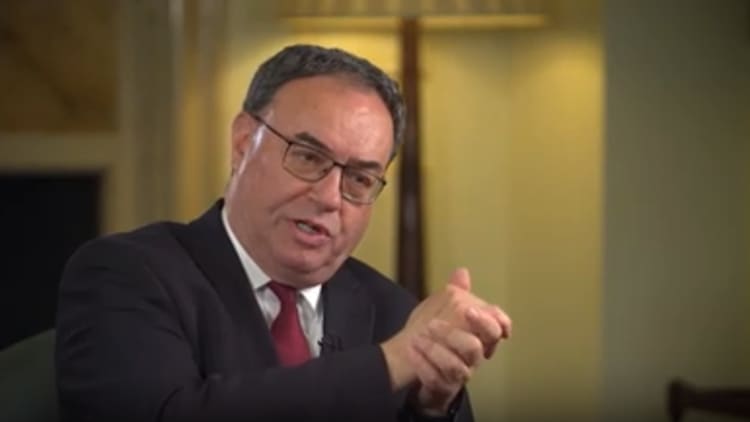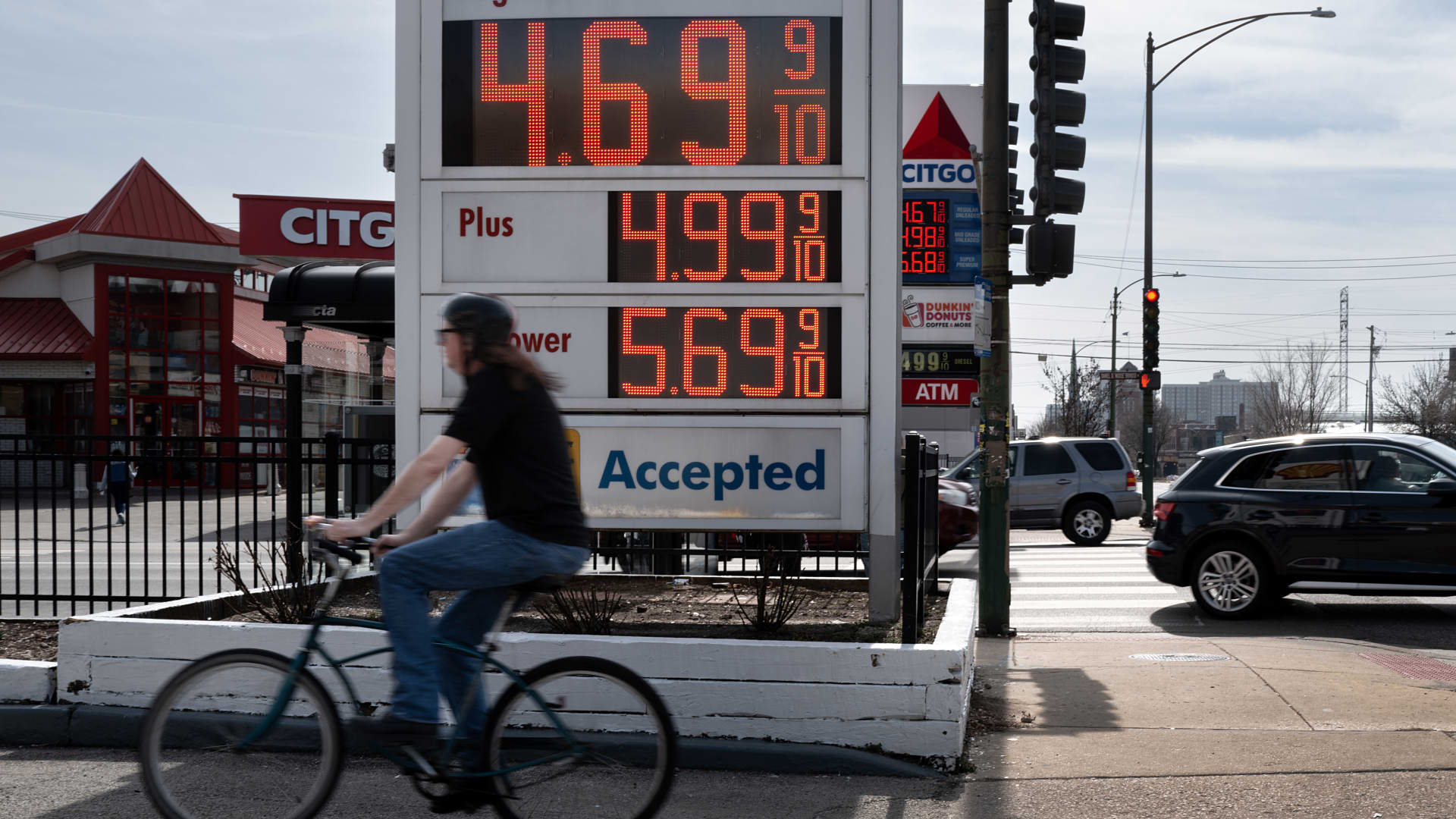Employee compensation costs rose more than expected at the start of the year, posing a further threat signal for continued inflation, while consumer confidence hit its lowest level in nearly two years.
The employment cost index, which measures workers’ salaries and benefits, rose 1.2% in the first quarter, the Labor Department reported Tuesday. That was up from 0.9% in the fourth quarter of 2023 and above the Dow Jones consensus estimate of a 1% rise.
Broadly speaking, the rise reinforced fears that a series of 11 interest rate hikes by the Fed have not done enough to ease price pressures and are likely helping to keep the central bank on hold before it can begin easing monetary policy.
The Fed views the ECI as an important measure of underlying inflation pressures.
The Federal Open Market Committee, which sets interest rates, begins its two-day meeting on Tuesday. Markets have priced in virtually no chance that the FOMC will change the target for its federal funds rate from the current range of 5.25% to 5.5%.
A separate report on Tuesday showed the Conference Board’s consumer confidence index fell
Following the release of the ECI index, traders changed their outlook on September’s first cut, raising the likelihood to about a coin toss, according to CME Group’s FedWatch gauge of Fed Fund futures prices. The implied probability of no cuts this year also rose to about 23%, from near zero just a month ago.
Year-over-year, civilian workers’ compensation costs rose 4.2%, still above a level the Fed considers consistent with its 2% inflation target, but below the 4.8% level a year ago. Wages and salaries rose 4.4%, while benefits rose 3.7%.
Compensation costs for state and local government employees increased 4.8%, a narrow decline from the same period in 2023. The larger increase was likely due to this group’s high proportion of unions, where compensation costs increased by 5.3% compared to only a 3.9% increase for non-union workers.
The Conference Board’s action was another reminder of inflation concerns.
The consumer confidence index fell to 97, down 6.1 points, below Wall Street’s estimate of 103.5. While the current situation index has also fallen, it is still at a level that “continues to more than offset concerns about the future,” said Dana Peterson, the panel’s chief economist.
Responses to the survey suggested that concerns about “increased price levels, particularly for food and gas, dominated consumer concerns… followed far behind by politics and global conflicts,” Peterson added.
Don’t miss these exclusives from CNBC PRO
Source link
2024-04-30 14:52:41
www.cnbc.com















